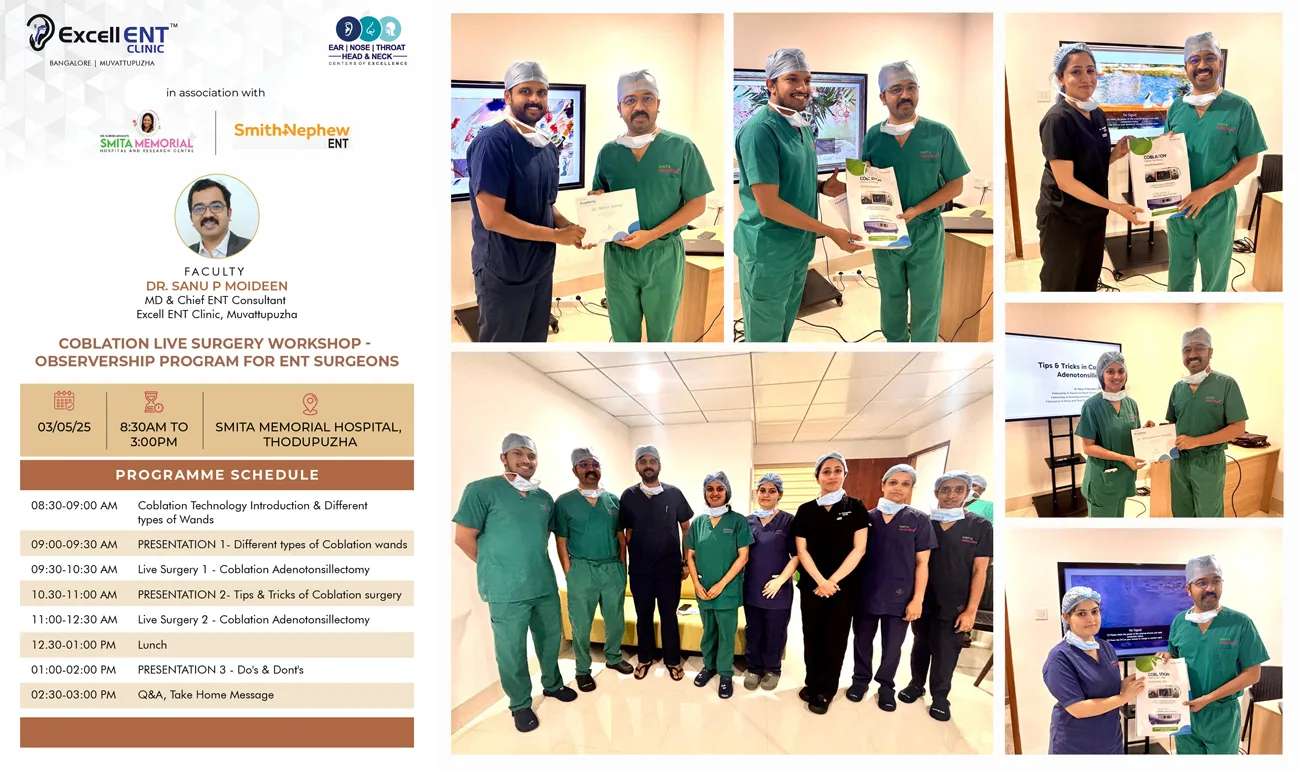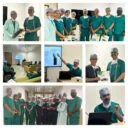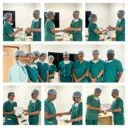
The evolution of surgical practice is driven not only by innovation in technology but also by the willingness of clinicians to share knowledge, foster collaboration, and invest in the growth of their peers. With this philosophy at heart, I launched the Coblation Surgery Mentorship Program for ENT Surgeons, a focused academic initiative aimed at empowering ENT surgeons with practical, live real-time exposure to Coblation-assisted procedures.
This initiative has been conducted in association with Smith & Nephew, a global leader in advanced surgical technologies and supported by Smita Memorial Hospital, Thodupuzha. Together, we have created a platform that bridges the gap between theory and practice, allowing surgeons to observe, learn, and confidently transition into performing Coblation-based airway surgeries.
Program Overview: Building Competence Through Experience
So far, we have successfully conducted three editions of this live surgical observership program, through which more than 20 ENT surgeons from across Kerala have been trained. Each program is meticulously designed to offer an immersive experience in Coblation surgery—especially procedures involving adenotonsillectomy, inferior turbinate reduction, and tongue base surgery for airway management.
Key features of the mentorship program include:
- Introduction to Coblation technology – understanding its principles, advantages, and clinical relevance
- Hands-on familiarity with instrumentation – setup protocols, wand selection, and intraoperative efficiency
- Live surgical demonstrations – step-by-step guidance during actual procedures, focusing on both technical execution and surgical decision-making
- Interactive discussion sessions – held within the doctors’ lounge in the OR complex, encouraging case-based Q&A, complication management strategies, and workflow optimization.
The learning environment is highly interactive and collegial, designed to ensure every delegate gain clarity, confidence, and clinical insight that can be immediately translated into their own surgical practice.
Why Coblation Surgery?
Coblation technology represents a significant advancement in ENT surgical care, offering:
- Reduced intraoperative bleeding
- Lower postoperative pain
- Faster recovery and improved patient satisfaction
These benefits are especially valuable in pediatric ENT, sleep apnea management, and in patients with high perioperative risk. Through these training programs, I aim to help ENT surgeons move beyond conventional methods and embrace safe, precise, and patient-friendly alternatives like Coblation.
Mentorship as a Mission
As an ENT surgeon with a deep interest in sleep surgery and airway management, I view mentorship not just as a responsibility, but as an integral part of my professional journey. These programs are my contribution to surgical education—designed to demystify newer technologies, foster critical thinking, and encourage evidence-based adoption of advanced techniques.
Beyond just technique, my mentorship emphasizes:
- Understanding indications and patient selection
- Avoiding common pitfalls and complications
- Making informed, ethical surgical decisions tailored to each patient
In the surgical field—where the learning curve is steep and the margin for error is narrow—a mentor who introduces a new skill or technology holds a lasting place in a surgeon’s journey. A teacher who teaches a fellow surgeon a new technique is remembered and respected for life. That’s the impact we strive to create through each session.
Acknowledging the Collaborators
This initiative would not have been possible without the collaborative spirit of my colleagues and the support from Smith & Nephew for being an invaluable partner in this endeavor. Their continued support in facilitating these training sessions and promoting evidence-based use of Coblation has been instrumental in the success of these programs.
I also extend my heartfelt thanks to the institutional support of Smita Memorial Hospital, Thodupuzha. The hospital has consistently provided the infrastructure, surgical facilities, and team support necessary for conducting such academic programs at a high standard.
Looking Ahead
As we complete our third program today, I am heartened by the overwhelming response and the enthusiasm of the participants. The feedback has been positive, and the engagement during the sessions has reaffirmed the need for hands-on, mentor-led learning experiences in today’s fast-evolving surgical landscape.
I remain committed to continuing this journey—expanding the reach of this initiative, evolving its content, and creating opportunities for more ENT surgeons to benefit from this structured exposure to advanced surgical technologies.



